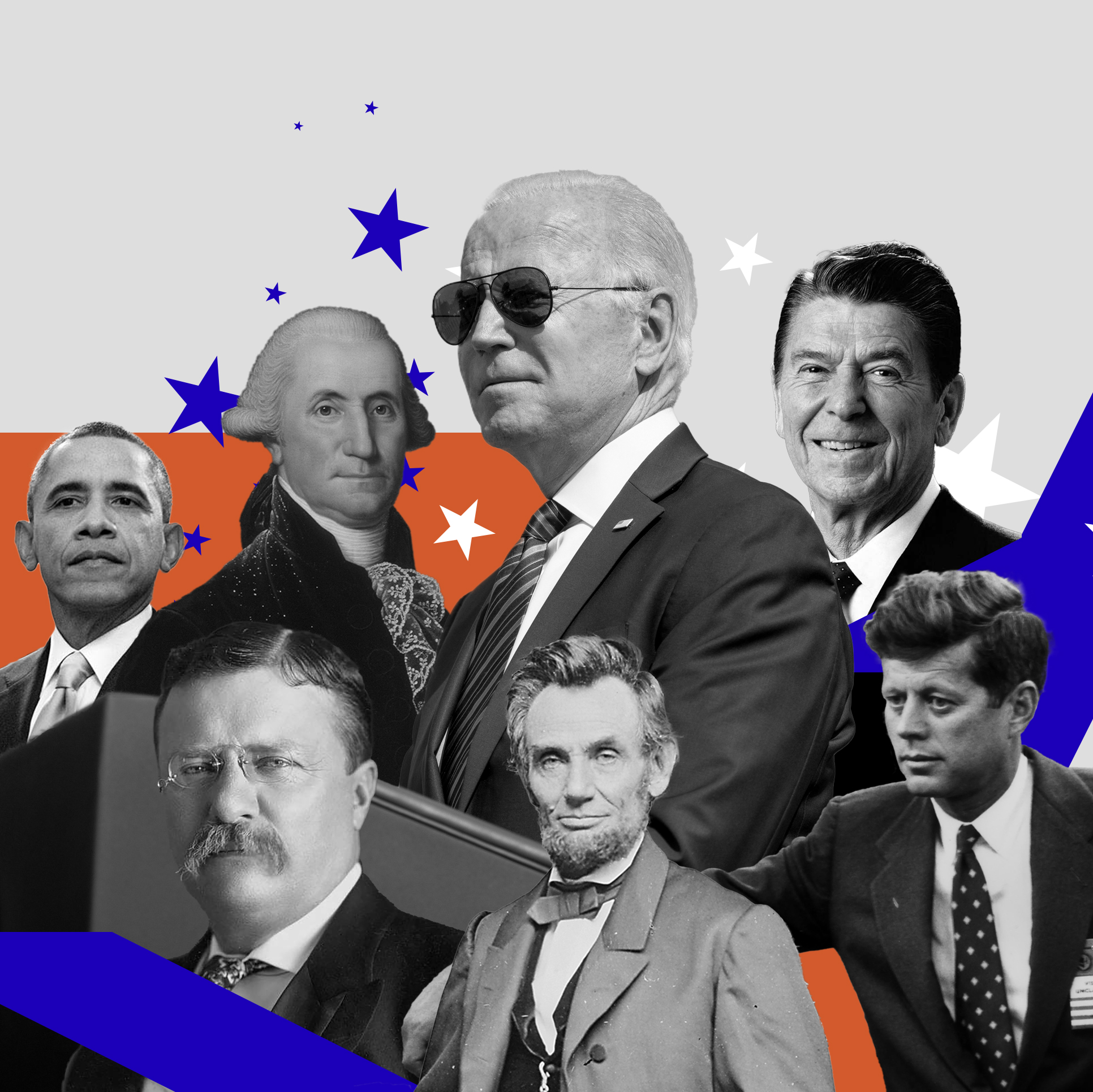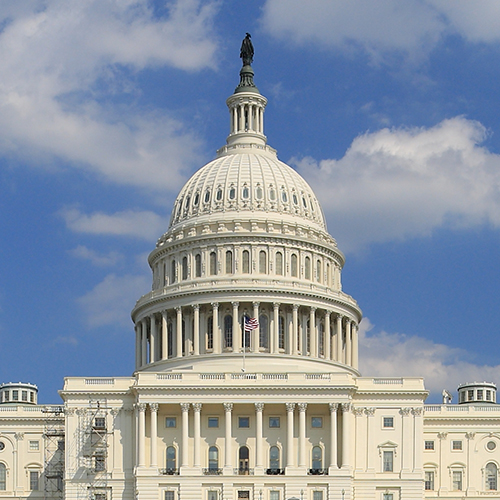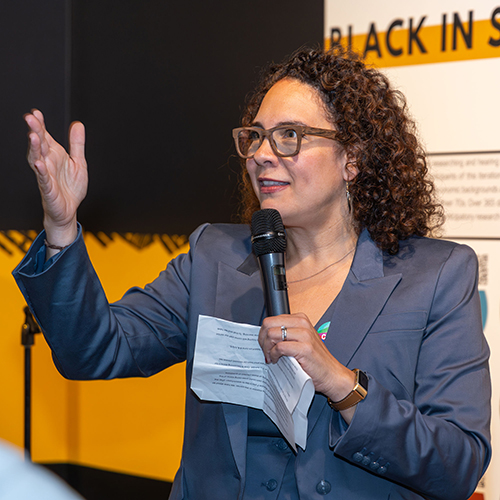Just days after finishing their school year, dozens of high school teachers filed into the UW’s HUB Ballroom. As they knelt at a silver basin, scented rose water was poured over their hands. Then they removed their shoes and sat on Oriental rugs spread across the floor, ready to drink steaming cups of thick, sweet tea, heavily scented with spices.
The spacious ballroom couldn’t duplicate the intimate setting of a North African or Middle Eastern tea service, but the gathering—with an anthropologist on hand to explain tea rituals and etiquette—did provide a window into another culture.

Serving tea to guests was one of ten rituals from around the globe highlighted in “Life Cycle Rituals and Traditions across Cultures,” the 2008 Summer Seminar for Educators offered by the Jackson School of International Studies (JSIS).
“We’ve been offering these seminars annually since the mid-1990s,” says Felicia Hecker, associate director of the JSIS’s Middle East Center, who was this year’s organizer. “The goal is to reenergize teachers—spark their desire to learn and get excited about new material.”
The Jackson School has eight regional centers funded by the U.S. Department of Education, and each is represented in the annual seminar. Past themes have included world religions, international literature, migration, trade routes, and storytelling and oral traditions.
The greatest challenge, says Hecker, is coming up with a theme that translates across regions. “I think about topics I’m interested in, that are broad enough for all regions to contribute,” she says. “Then I choose one I believe won’t bore everybody. This year, I thought it would be interesting to look at how ritual binds communities and how we identify ourselves through subtle ritual.”
The rituals explored in the two-day seminar included everything from the Day of the Dead in Mexico to Makah whaling traditions. Most presenters were UW faculty. In planning the seminar, Hecker welcomed opportunities for teachers to experience rituals rather than simply hear them described. Participants held up a chuppa used in the Jewish wedding ceremony, enjoyed a live performance of traditional xylophone music from Ghana, and—of course—sipped tea on a carpeted floor.

To create the right ambience for the latter, JSIS staff borrowed dozens of rugs from a local collector. They struggled to transport them to the HUB—facing an elevator malfunction at the worst possible moment—but Hecker felt the rugs were essential to create the setting in which tea is experienced in a traditional Middle Eastern home.
That detail, along with the removal of shoes and washing of hands, might not even be recognized as rituals to those closest to them. “You start to realize that some of the most minor things we do are rituals,” says Hecker. “These are the sorts of details that define us and our place in society. But often we don’t see them until we step out and study other cultures.”
More Stories

Is This Presidential Campaign Different?
UW History professor Margaret O'Mara provides historical context for this moment in US presidential politics.

Making Sense of This Political Moment
To navigate this momentous election season, Arts & Sciences faculty suggest 10 books about the US political landscape.

Interrupting Privilege Starts with Listening
Personal stories are integral to Interrupting Privilege, a UW program that leans into difficult intergenerational discussions about race and privilege.